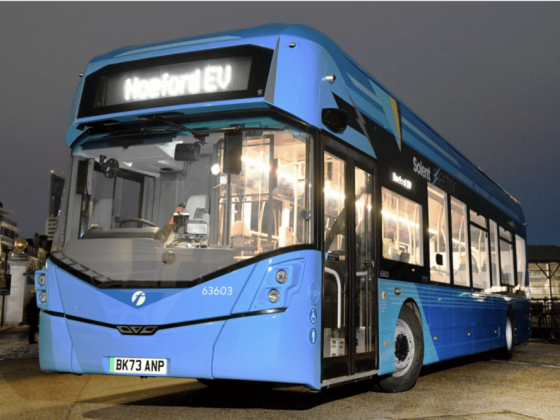Cars are on average 42 per cent less efficient than claims, report shows
Transport and Environment’s Mind the Gap report shows that, across the industry, cars are on average 42 per cent less efficient that claims.
The report compared real-world fuel consumption with lab results and found a gap of 42 per cent, compared to the gap of 28 per cent three years ago and just 14 per cent 10 years ago.
Mercedes cars had the largest average disparity at 54 per cent. The Mercedes A and E class were found to be the worst offenders, consuming on average 56 per cent more fuel on the road than claimed in the sales brochure. Audi was found to be the second worst brand, with its cars consuming an average of 49 per cent more than claimed.
According to the report, deceptive fuel consumption figures costs the typical driver in Europe around €549 a year in additional fuel bills compared to the official claims.
Greg Archer, clean vehicles director of Transport and Environment, said: “Cars that burn 50 per cent more fuel than advertised are deceiving consumers and cheating environmental rules. Unless we want the Americans do Europe’s job again, the Commission and national vehicle approval authorities must investigate Mercedes and Audi and determine if they are using devices to defeat the test.
“There has been no improvement in the average efficiency of new cars on the road for four years because carmakers manipulate tests to achieve their CO2 targets instead of designing the car to be efficient on the road. As a result, drivers are being tricked and forced to buy more fuel; governments defrauded of tax revenues; and climate targets undermined. More than a year after the Dieselgate broke, we urge regulators in Berlin and the European Commission to get to the bottom of this Autogate.”



